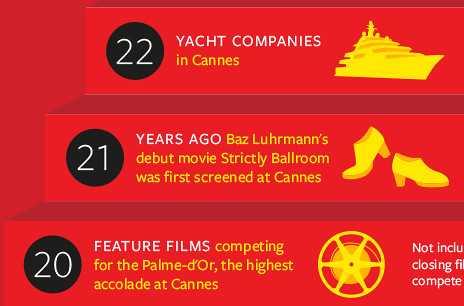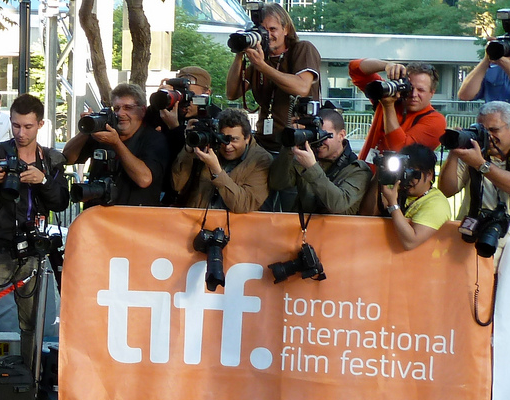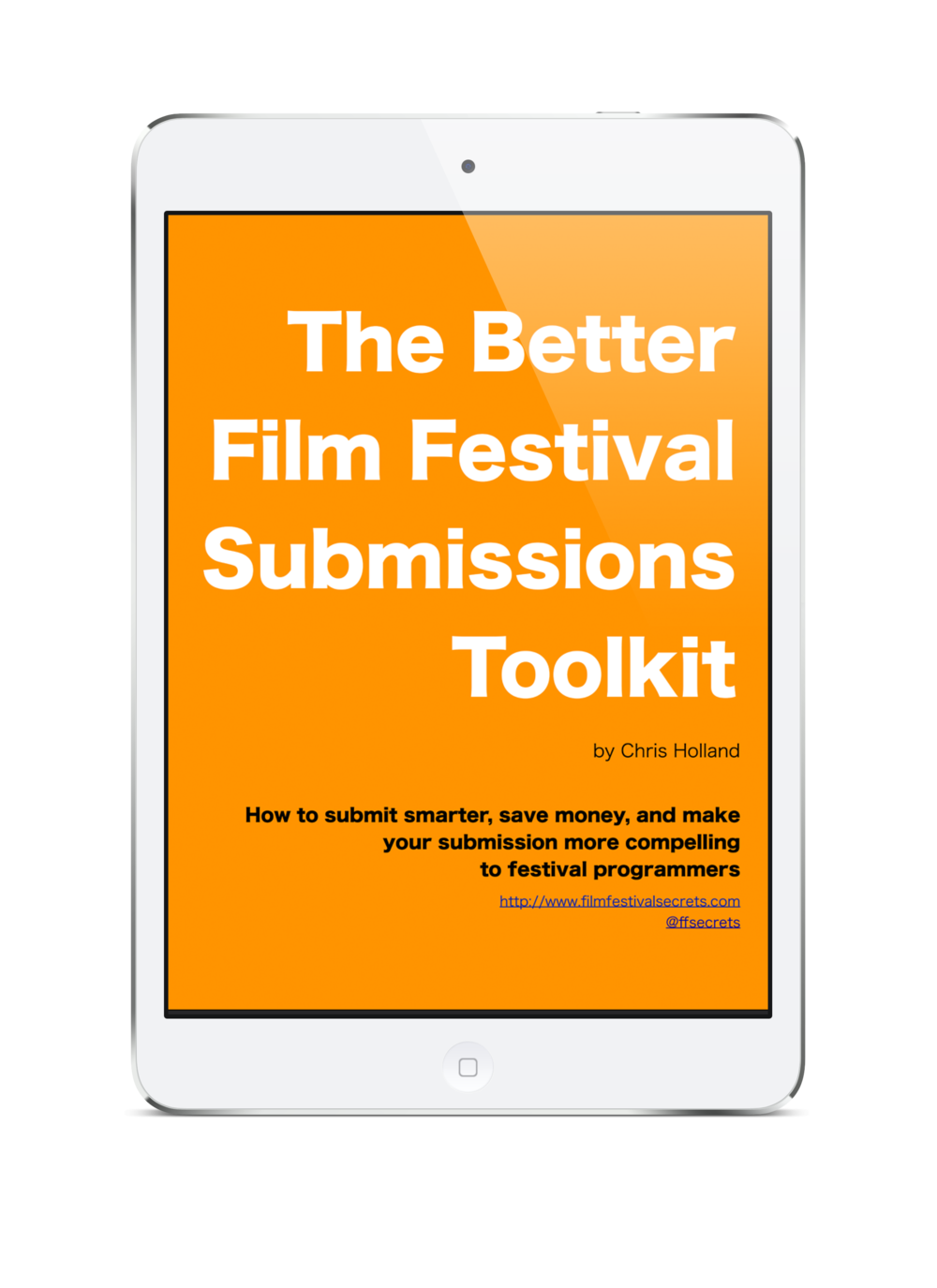Why Don't Film Festivals Give Feedback?
Back in August, I emailed all of the submitting filmmakers (for both the current Atlanta Film Festival and past events) to ask them what they most want to know about film festivals. One theme emerged above all others, one burning question that begged to be answered: Why don't festivals offer feedback on films?
12 Steps to a Saner Festival Game Plan
Why it Took 7 Years for U.S. Audiences to See Horror Movie 'Mandy Lane'
Digital Tape is Dead: Bidding “Adieu” to the HDCAM (and its cousins)
Film Fest Secrets panel this weekend at Sidewalk Film Festival
It's been a few years since I've been to the Sidewalk Film Festival – it kept conflicting with Fantastic Fest, darn it all. But since I've relocated to Atlanta and Sidewalk has relocated to an earlier time of year, I'm happily returning to Birmingham, Alabama for one of the best indie film experiences the South has to offer.
Everything I Learned In Film School In Under 3 Minutes
7 Things You Absolutely Must Have On Your Film's Web Site
Much ado about a bad screening: IndieWire's Manhattan FF article
IndieWire recounts tales of screening screw-ups and bad communication a the Manhattan Film Fest, a film festival that, to judge from these stories, desperately needs to put its house in order. The use of the word "scam" in its headline, however, seems like a knee-jerk reaction at best and a cynical ploy to draw in readers at worst.
Now Backing: RABBIT, a graphic novel by Cory McAbee
Sundance Institute's Creative Producing Labs
Gasland's Josh Fox on "Here's the Thing"
6 Reasons DVDs are dead as a festival submission format (or will be soon)
John Waters' Golden Rules of Moviemaking
Image via MovieMaker.
John Waters, writing for MovieMaker.com. I hadn't planned on linking to this until I saw the very last rule.
Movies people like at film festivals are not always the ones they like in real life.
Ouch.
Gayby: How A Gay Indie Movie Made A Giant Splash During Pride Week
Jordan Zakarin, writing for Buzzfeed:
This week, Apple selected the little independent movie as its Movie of the Week on iTunes, giving prominent spotlight and promotion to director Jonathan Lisecki’s comedy about a straight woman, her gay male best friend, and their quest to have a child together.
The movie came out last year, earning strong reviews — it currently has a 90% positive on Rotten Tomatoes — and heaps of praise at SXSW and other festivals. It’s been shouted out by people like The Heat Director Paul Feig, and has a cast with names like Charlie Barnett, Dule Hill, andGirls’ Adam Driver and Alex Karpovsky. But nothing could prepare Lisecki, who is gay, for the onslaught of sales and attention the movie has received since iTunes began promoting it — especially because he still has no idea how it happened, beyond his distributor helping to get him a slot in this year’s Pride Week slate of films.
Indie film is a tough business, but every so often the good guys win.
Rent Gayby now on iTunes. Or do what I did, and buy it. It's that good.
Image by Mike Coppola / Getty Images
Toronto After Dark - final deadline to submit
Toronto After Dark may not be on your radar as a festival to which you want to submit, but I encourage you to check out their site and see if your film fits into one of their categories.
- Horror, Supernatural
- Sci-Fi, Fantasy
- Animation
- Crime, Action, Thriller, Suspense
- Cult, Bizarre, Genre-defying, Experimental
- Documentaries, with a genre-related or cult/bizarre subject matter
- Music Videos, with a genre-related or cult/bizarre aesthetic
It can't be easy distinguishing yourself in a town that not only sports the Toronto International Film Festival and Hot Docs, but an additional 60 to 70 film festivals as well. TAD seems to be going strong, though, and by all accounts they're serving their audience and their filmmakers well.
Countdown to Cannes: numbers that make the Cannes Film Festival add up
 A fun "infographic" from the BBC. (In quotes because the graphic really doesn't contribute much to the info that an article couldn't have communicated equally well.)
A fun "infographic" from the BBC. (In quotes because the graphic really doesn't contribute much to the info that an article couldn't have communicated equally well.)
My favorite number: 10, the cost in Euros of a beer in a Cannes nightclub. (That's about $13 US for those of you who don't convert in your head.)
Read all the way to the bottom for the number 0.
How to request fee waivers (and actually get them)
Are you looking for ways to save money on festival submissions fees? With fees starting at $20 and ranging as high as $100 per submission, those fees can add up quickly. One popular way of reducing these costs is to ask festivals directly for fee waivers.
I'm starting my second season working with filmmakers at the Atlanta Film Festival and I'm re-learning a lot of forgotten lessons about the do's and don'ts of festival submissions. Here are a few insights for requesting fee waivers and increasing your chances of actually getting to "yes."
Don't plead poverty.
While your instinct might be to explain that you're a poor student or that you maxed out your credit cards making your film, a lack of money will not score you sympathy points from festival programmers. Many film festivals are struggling non-profits with expenses of their own – the implication that you need the money more than the festival does could be construed as an insult.
What do you have to offer the festival?
Some things are more important to a programmer than your submission fee – a movie that fits into a particular niche, for example, or a film that has a proven track record. Festivals are always on the hunt for good content, so if you can tempt them with the promise of a film that serves an important audience segment or has already been accepted by other festivals, lead with that. A programmer desperate to fill out a sci-fi shorts block may be primed for your robot comedy, or simply curious about the fact that four other festivals deemed your film worthy of inclusion.
Say it with pictures.
An arresting still image that gets a reaction is like catnip to someone who works in film. If your film has one of those amazing images that pulls people in, use it. Try to embed it in the body of the email, though – you can't trust that your reader will be bothered to download and view an attachment.
Don't swamp the reader with too much information...
So many of the waiver requests I see are hundreds of words long (cast lists, overly lengthy synopses, director's statements) with several files attached. Guess what? Festival programmers file them in the TLDR folder.
…but make sure relevant info is available.
At the other end of the spectrum are those filmmakers who want to submit "a film" without providing any information at all. When I go looking for information on the web about the film, there's no web site, no Facebook page, nothing. If you're not prepared to build an audience for your film, why should the festival be interested enough to waive the fee?
Why are you asking ME?
When I bring up the subject of fee waivers with other festival staffers, one of the most common answers I get is that fee waiver emails are just generic requests shotgunned to dozens of festivals. If you have a reason for submitting to a particular festival (and you should), try to include that reason with your waiver request and do your best to build a rapport with the reader.
Include a private online screener link and password in the email with your request.
If a programmer is really curious about your film and excited that it might be a film she could program, nothing is more frustrating than having to wait to see it. Seeing the first few minutes of the film may be all that's needed to deem your film worthy of the fee waiver.
Got some favorite techniques of your own for asking for fee waivers? Send them my way and I'll consider them for inclusion in a follow-up article.
Goodbye, Silverdocs: Hello, AFI Docs
Ann Hornaday, writing for The Washington Post:
The festival, now known as AFI Docs presented by Audi, will have a new presence in Washington, its director, Sky Sitney, announced Thursday. In addition to gala screenings at the Newseum, the festival will present films at other D.C. venues, including the National Portrait Gallery and the National Museum of American History.
It's always risky for a festival to expand to new venues and new audiences, but it sounds like the right time and the right reasons for the festival formerly known as Silverdocs.
Hot Docs 2013 - Meet the Staff and Virtual Lounge
Doug Block, writing for The D-Word:
Hot Docs staffers Charlotte Cook, Elizabeth Radshaw, Sarafina DiFelice, Stephanie McArthur, Chloe Sosa-Sims, Ellen Tang and Dorota Lech will help us kick off our annual Hot Docs topic, which continues through the festival (April 25 to May 5) and beyond."
The D-Word is a great site for doc filmmakers, and this "virtual lounge" concept looks like an interesting way to get direct access to festival programmers and staff. If you've got a question, post it now before they get too busy to answer.



















